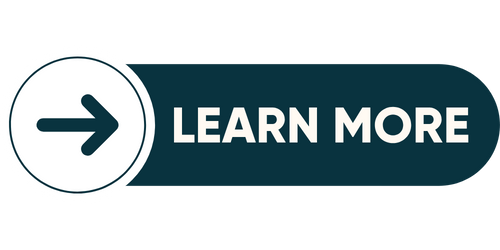Cannabis as a Harm Reduction Tool: A Conversation with Dr. Amanda Reiman
Aug 27, 2025
Walman's Apothecary Hosted by: Steven Walman
Shared with the generous permission of Walman's Apothecary. This episode originally aired on Jun 13, 2023.
On this episode, host Steven Walman sits down with Dr. Amanda Reiman, a pioneering Cannabis ethnobotanist, social worker, and founder of Personal Plants. Together, they dive into the concept of harm reduction and how Cannabis plays a powerful role as both a substitute for more harmful substances and a supportive tool for chronic conditions. Dr. Reiman draws on over 20 years of research and advocacy to reframe Cannabis not as a “gateway drug” but as an off-ramp toward healthier choices and improved quality of life.
Key Takeaways
🛟 Harm reduction saves lives; it’s not about permission, it’s about meeting people where they are and keeping them safer.
🌿 Cannabis is a substitute for many who use it as a healthier alternative to alcohol, nicotine, and even to ease withdrawal from more harmful drugs.
🚫🍭 The gateway myth is busted. Research shows Cannabis doesn’t lead to harder drug use; sugar is the real “gateway drug.”
🧩 The ECS is central to health. The Endocannabinoid System regulates mood, sleep, appetite, and pain, and cannabinoid therapies help support it.
🔄 Tolerance is natural, but it can be managed with breaks, dose adjustments, or shifting cannabinoid profiles.
🧘♀️ Set and setting matter; your mindset and environment play a huge role in whether Cannabis feels supportive or overwhelming.
⚖️ Safe ≠ harmless overconsumption can trigger anxiety or negative experiences, so mindfulness and dosing matter.
⏳ Think long-term, building a balanced relationship with Cannabis now ensures it will remain effective well into later life.
🩺 Healthcare providers must get involved even without prescribing; they can guide patients in safe, responsible use and ECS education.
🛠️ Cannabis is a tool, not a crutch, when used with intention; it supports healthier choices and a better quality of life.
A note from the Editors:
At ECN, we know the words we use around Medical Cannabis matter. Psychoactive and intoxicating are often confused and sometimes used interchangeably, but they aren’t the same. THC is both psychoactive and intoxicating, while substances like caffeine, chocolate, or CBD are psychoactive but not intoxicating. All intoxicating substances are psychoactive, but not all psychoactive substances are intoxicating. For clarity and precision, readers are encouraged to consider the context in which these terms are used.
About Dr. Amanda Reiman
Dr. Amanda Reiman is a social worker and harm reductionist who has been studying the relationship between cannabis and people for 20+ years. An advocate for drug policies that follow the principles of harm reduction, she was one of the first researchers to study the use of cannabis as a substitute for alcohol and other drugs. In November, she has a textbook coming out entitled Harm Reduction Strategies for Working with Adolescents Who Use Substances, co-authored by Barry Lessin. You can learn more about her work and read her blog at www.mypersonalplants.com
About Steven Walman:
Steven Walman is the founder of Walman’s Apothecary, a platform dedicated to bringing transparency and trust to the plant-based wellness industry. Since 2017, he has grown the healthiest plants in a regenerative food farm and crafted whole-plant extractions designed to be as close to a plant in a bottle as possible. Every product features clear, honest labeling and extensive third-party lab testing, making them a trusted choice recommended by healthcare practitioners for individuals seeking natural support for sleep, chronic pain, and anxiety. Walmansapothecary.com/
If you need help with any terminology in this article, you may find some answers in our glossary.
Effective Cannabis Newsletter is a platform to educate on the vital role of the Endocannabinoid System (ECS) in one's health. The information is not intended or implied to be a substitute for professional medical advice, diagnosis, or treatment. All content, including text, graphics, images, and information contained in or available through this newsletter is for general information purposes only. It is not medical advice; it is health awareness.
Were you moved or inspired by a piece of content?
Do you have a suggestion or question for us?
Do you have a powerful story about your health and Cannabis?
Click the button and let us know!




